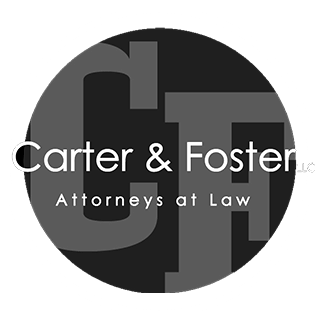Some criminal acts are strongly associated with a higher-than-usual risk of recidivism or repeat offenses. For example, those convicted of driving under the influence (DUI) charges have a relatively high rate of reoffending. Many people accused of impairment at the wheel struggle with a chemical dependence on alcohol that makes them more likely to make the same mistake again in the future.
People generally expect lenient treatment after a first DUI both from the courts and members of their community. However, those convicted of multiple offenses may begin to worry about harsher penalties and secondary consequences. For example, some repeat offenders are concerned about potential job loss due to their convictions.
Is someone convicted of two or more DUI offenses in Georgia at risk of losing their job?
The penalties themselves could affect employment
Missing work because of a jail sentence could easily cost someone their job. The risk of incarceration increases with each DUI conviction. A first offense may lead to up to a year in jail. A second offense has the same maximum one-year sentence but also a minimum of 48 hours in jail. A third offense leads to a 15-day minimum sentence.
The licensing penalties increase with each offense as well. A first DUI can leave someone without a license for up to one year. A second offense within five years of the first can lead to a three-year suspension, while a third offense within five years of the second could lead to a five-year license revocation.
Someone who pleads guilty to a first DUI could potentially work around the incarceration and licensing penalties without them directly affecting their employment. Those with two or more DUI convictions might face a lengthy period of incarceration and licensing consequences that may affect their attendance at work. Employers can fire workers who miss a large amount of work or who are habitually late because they do not have reliable transportation.
Employers may have zero-tolerance policies
Many companies may hire someone with a minor offense on their record, but they might also have rules against criminal convictions while employed by the business. The terms of someone’s employment contract could include clauses permitting the company to terminate them for criminal convictions during their employment.
For some people, being unable to drive after a DUI conviction might make them unable to do their jobs. Other times, a criminal conviction could put their professional licensing at risk, making it difficult for someone to maintain a specific profession.
Overall, the best means of preventing a DUI from affecting someone’s employment involves assertively defending against charges to avoid a conviction. Realizing that a DUI might result in job consequences in addition to criminal penalties could inspire people to seek legal guidance in order to defend against a pending DUI charges in Georgia.

